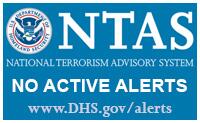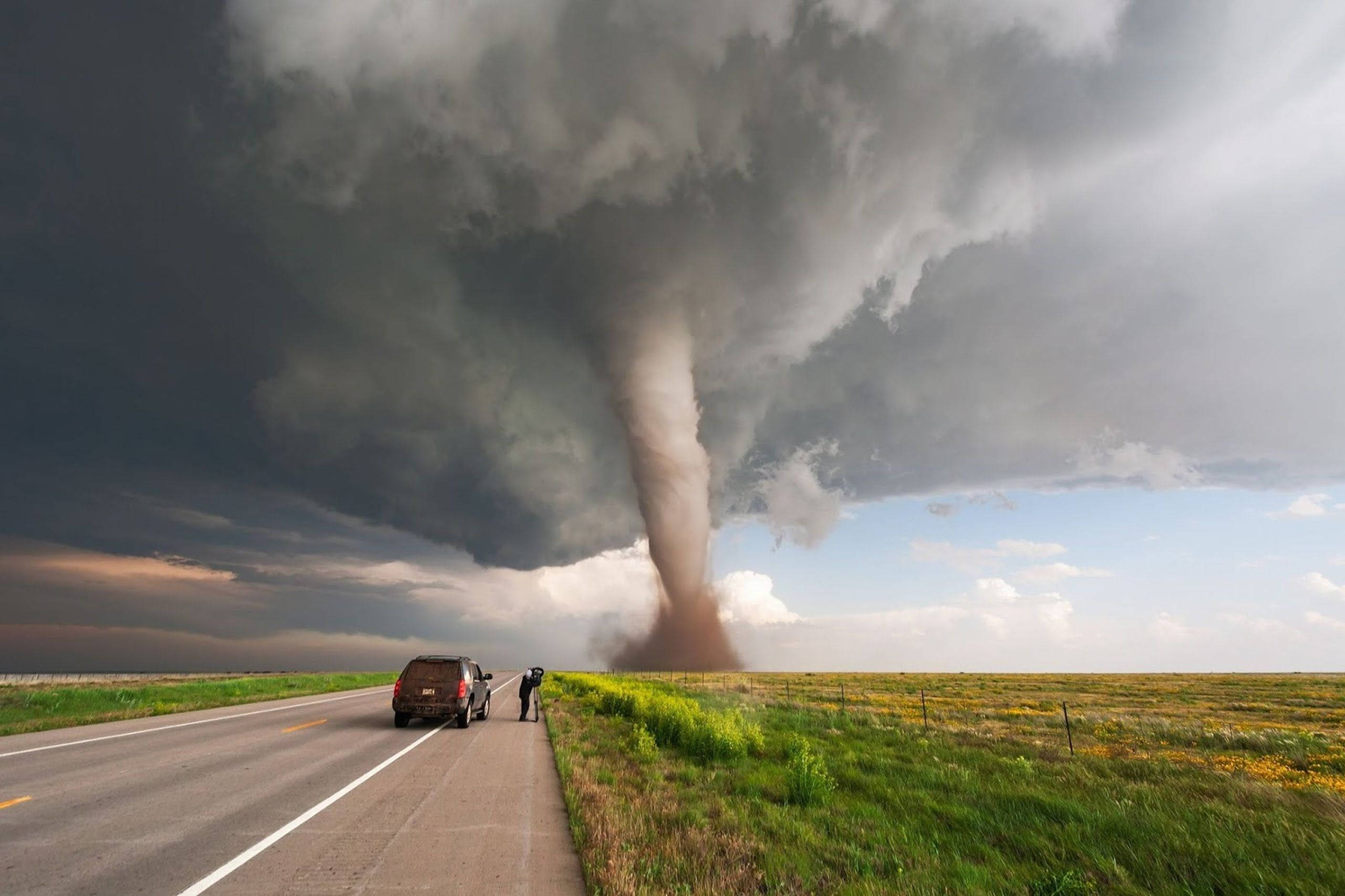- The best time to prepare for hurricane season is at the beginning of the season, well before the rush. If you do have old hurricane supplies from the previous year, replace them with new purchases, and use up the old products.
- Well before the storm, check your insurance policy. Do you have sufficient windstorm coverage? Do you have Federal Government issued special flood insurance? Do you have any new purchases that need to be added to the policy? Be sure that you understand exactly what you are covered for.
- Consider purchasing a backup power generator, a small gas or charcoal-operated stove and hurricane shutters. If you do not plan to use hurricane shutters, consider purchasing some sheets of plywood that are pre-cut to fit your windows. Also it is a good idea to have a car charger for your cell phone.
- If a hurricane or severe storm is approaching your area, make plans to have your pets and loved ones stay with you, or in another safe place during the storm. Make an emergency communication plan for your family, so that everyone has the contact number of a relative or close friend who lives out of the path of the storm. If you do not have your supplies, try to purchase your supplies as soon as possible. If you wait until a day or two before a hurricane or severe storm is going to hit your area, then expect long lines to buy supplies, and often stores will sell out of many essentials quickly.
- Stock up with enough consumable supplies to last you for at least three days, but up to two weeks may be needed.
- How much water? 3 gallons per person per day is the suggested amount.
- What kinds of non-perishable foods? Anything that does not require refrigeration: crackers, peanut butter, tuna, cookies, raisins, dried fruit, nuts, chips, crackers, canned fruit, fruit juices boxes, Gatorade. Bread and fruit will last a few days, so plan to consume them before they get bad.
- Don’t forget the other supplies: gas for your vehicle – make sure you have enough in case evacuation is required; first aid kit; flashlights; battery-operated radios; battery-operated fans; extra batteries; medicines; hygiene items; cash; plastic bags; wet-weather gear. Candles and matches stored in a ziplock plastic bag.
- The day before, install hurricane shutters if you have them. Tie down or bring inside any outside furniture. Try to be up-to-date with your laundry and house cleaning. Wash your hair.
- Plan to be in a safe place when the storm hits. A small room with no windows on a lower floor is the best choice. If you do not have a safe location, make arrangements to get yourself to a shelter before the storm hits.
- When the storm hits, do not use electrical equipment. Battery operated equipment is okay. Do not go outside unless the storm has definitely passed. Remember that if the eye of the storm passes you, it can be quite calm, and it may seem like the severe weather has passed, when the second half of it is soon to arrive.
- After the storm, do not drive your vehicle unless absolutely necessary. Downed power lines can be fatal. Flooding and debris can block your path, and gas to fuel your vehicle will likely be scarce.
On-Call Service 24/7
305-428-3341
Our protection is always there 24 hours
Boost Security Group offers customized security guard services to meet your security requirements, ensuring a professional, courteous, and vigilant protection system for the safety of your staff, clients, vendors, and residents. Our services comply with the U.S. Department of Homeland Security guidelines.


Boost Security acknowledges the importance of top-notch security services and we guarantee the utmost professionalism and strategic assistance.
Department of Homeland Security News
For A Free Risk Assessment Call Boost Security Group Now
305-428-3341
Copyright © 2024. All rights reserved
